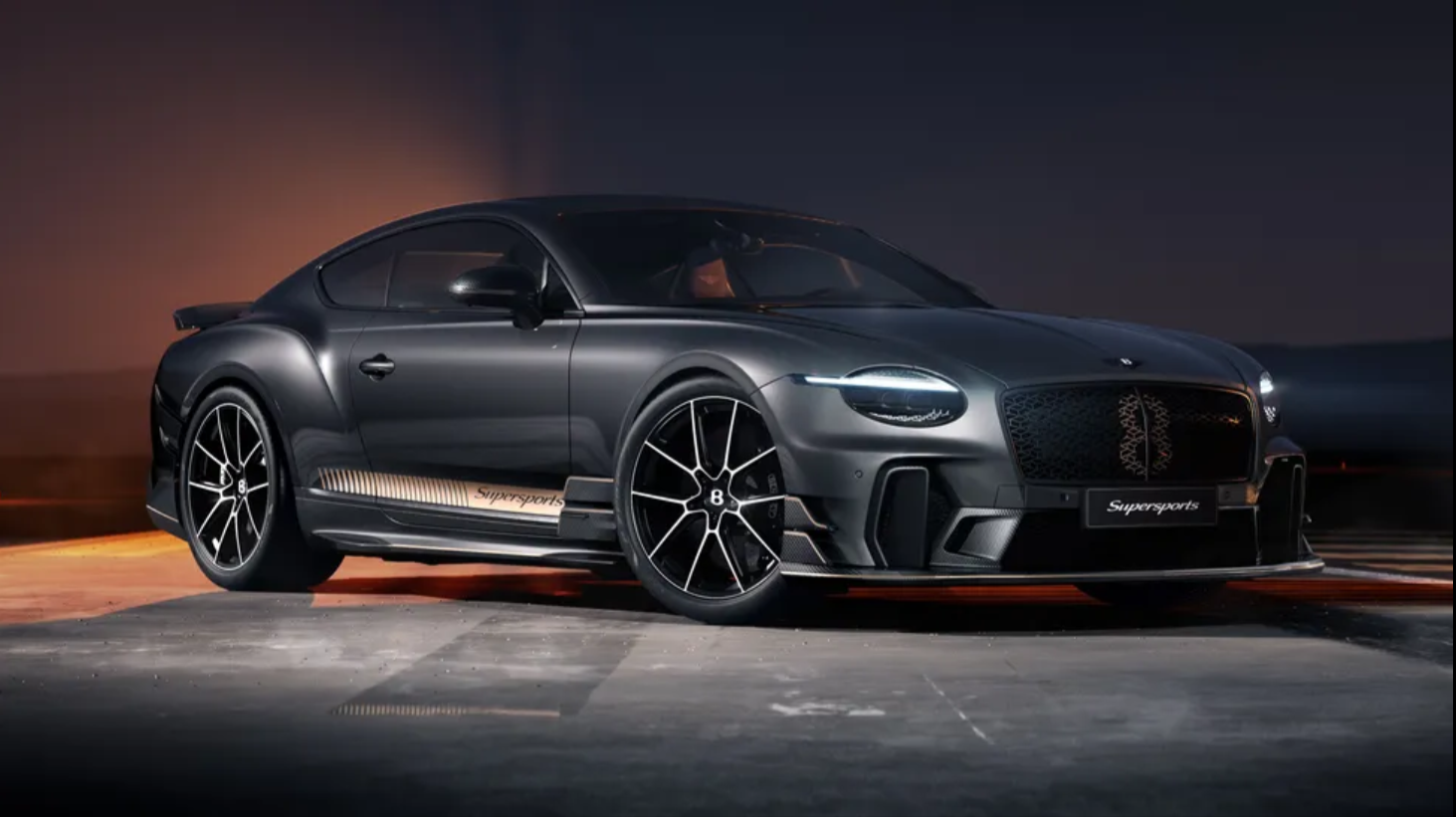HIGHS: Quicker and more efficient than before, over-the-road poise and refinement, reasonable starting price.

Meanwhile, the outgoing rear-drive-only M2 Competitioncranks out 405 horsepower and 406 pound-feet of torque. With the standard six-speed manual, it weighs 316 pounds less than the new M240i xDrive and maintains a 249-pound advantage when fitted with its optional seven-speed DCT automatic. And yet, both versions trail the new M240i to 60 mph by almost a half-second. By the end of the quarter-mile, both M2s cross the line 0.3 second behind the new M240i, which trips the lights in 12.1 seconds at 114 mph. The DCT-equipped M2 Competition does edge the new M240i xDrive in our 30-to-50- and 50-to-70-mph tests, but only by a scant 0.1 and 0.2 second, respectively.
LOWS: No manual-transmission option, limited steering feedback, even-smaller rear seat.

What's more, the new M240i coupe's chassis and rolling stock encroach on the M2's territory. The former's 62.2-inch front and 62.8-inch rear track widths are not only now more than two inches broader than the outgoing M240i's, they're also dead even with the M2 up front and a paltry 0.2-inch narrower out back. The optional high-performance 19-inch Michelin Pilot Sport 4S summer tires on our test car also share the same 245/35R-19 front sizing, while the rears are only slightly narrower at 255/35R-19. The M2's wheels are a half-inch wider front and back, though.
Along with a better front-to-rear weight distribution versus the nose-heavy xDrive model, this amounts to a slight road-holding advantage for the lighter M2. Our M240i posted a commendable 0.94 g of grip on the skidpad, yet we've recorded as high as 1.00 g for the M2 Competition. But this difference doesn't materialize much on the road, where the M240i xDrive corners with the balance and poise that makes it feel every bit as rewarding to hustle down challenging roads, at least at speeds that won't immediately land you in the hoosegow. The main letdown is the paucity of feedback through the steering. The grip of the wheel itself is excellent, turn-in is crisp, and there's some buildup in effort, but it's more proportional to steering angle than the actual cornering forces at the contact patches.
As before, the M240i coupe is suspended by front struts and has a five-link arrangement in the rear. The front and rear ends are now 2.0 inches farther apart than before owing to a wheelbase that has been stretched to 107.9 inches. This helps settle the ride and enhance straight-line stability, and the tuning of the Adaptive M suspension dampers has been massaged to suit. There's now a meaningful difference between the Comfort, Sport, and Sport Plus settings, and the softest of those modes makes the M240i easier to live with and far less brittle riding than the last M2 we spent time in.
What the longer wheelbase and wider body don't do, curiously, is add up to more interior space. The front sport seats appear small, and it seems overly necessary to deploy their adjustable thigh support cushions to get comfy. Legroom is generous up front and there's more width inside the cabin, but the M240i's larger standard moonroof intrudes to a greater degree. This isn't much of a consequence up front, but the already cramped rear seat, which inexplicably loses nearly an inch of much-needed legroom, suffers from a loss of 1.8 inches of sunroof-mandated headroom. As for luggage space, the new M240i holds the line at 14 cubic feet, same as the previous car's.
Our friend admitted to us that he did consider purchasing an M240i, but ultimately dismissed it because he absolutely wanted a manual gearbox, which we can't argue with. At present, the M240i is only available in xDrive form at a base price of $49,545. A new rear-drive M240i model arrives later this year, but word is that it will no longer be available with an optional manual transmission, which brings us to the highly anticipated second-generation M2. With the new M240i xDrive as quick as it is, we expect that new M car to be a monster.























.jpg)


.jpeg)

.jpeg)
.jpeg)

